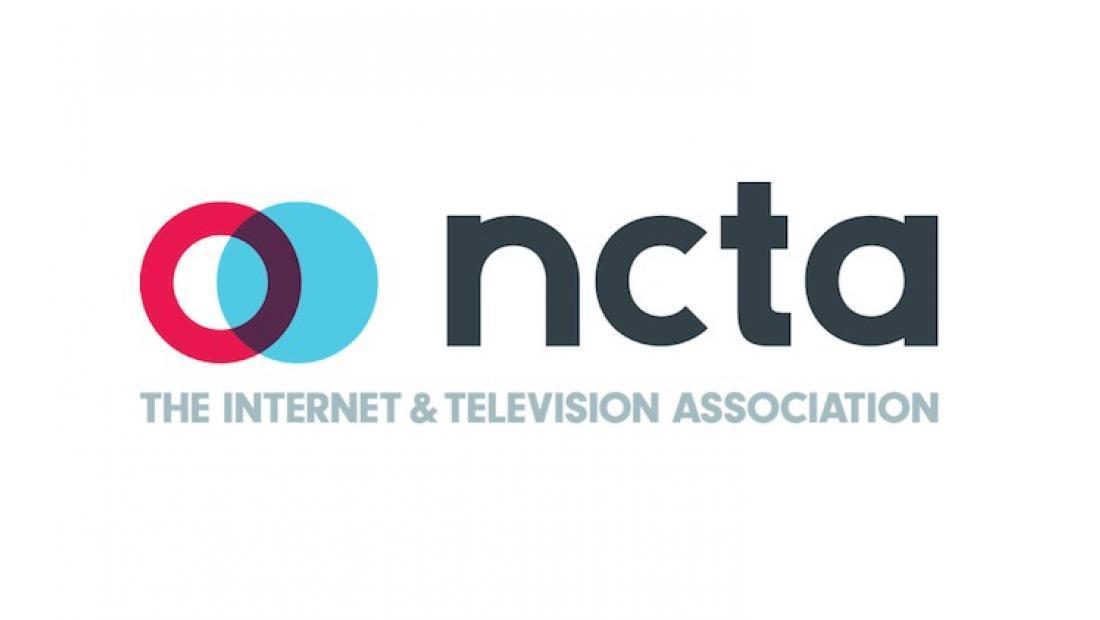NCTA: No Need to Extend EAS Mandate Online
Said cable, broadcast, wireless EAS requirements are sufficient

The smarter way to stay on top of the multichannel video marketplace. Sign up below.
You are now subscribed
Your newsletter sign-up was successful
Cable broadband operators said the FCC should not extend emergency alert system (EAS) warning requirements to Internet service providers or streaming services, arguing that the combination of already-required broadcast, cable and wireless alerts "are more than sufficient to convey timely and relevant emergency and public safety information to the public."
The FCC is under orders from Congress to report back on the feasibility of extending the EAS mandate to over-the-top video given the rise in popularity of video streaming services.
Also Read: Video Streamers Say They Shouldn't Have EAS Mandate
NCTA-the Internet & Television Association told the FCC in comments on that the current system is sufficiently robust to "ensure that consumers nationwide receive accurate and timely information without any need to extend the existing EAS regime to the Internet or Internet Service Providers (ISPs)."
"Today’s WEA (wireless alert) and EAS regimes effectively inform consumers, complement each other well, and provide critical information well-tailored to their respective environments," NCTA told the commission, which should "continue to promote the existing EAS and WEA alert regimes and recommend that Congress refrain from extending legacy EAS obligations to the Internet or to ISPs."
NCTA said that, beyond the EAS alerts cable operators already deliver to their traditional video subs, at least in some limited contexts operators can also deliver alerts to cable subscribers accessing third party streaming services through cable set-tops. That would be through traditional video infrastructure so it wouldn't extend to broadband-only subscribers or cable customers accessing streaming services on other devices.
NCTA said any requirement for ISPs to provide EAS in those circumstances is "technically infeasible," which echoed earlier comments by the National Association of Broadcasters in comments.
"[T]here is no need to extend the legacy EAS model to the Internet or ISPs, whether via an obligation on broadband networks, online services, or otherwise," NCTA said.
One "otherwise" suggestion -- offered up by network TV station affiliates -- would be a TV-station carriage mandate on online services as there already is on traditional cable and satellite video services.
NCTA also had a fallback position if the FCC concludes it wants to extend EAS online.
The trade group said that while it advised no change, any expansion of the system beyond current participants would require extensive study and coordination given the challenges posed. NCTA said that the FCC should first put together a multi stakeholder group to "evaluate the alerting ecosystem as a whole and how best to reach consumers given changing consumer preferences."
The smarter way to stay on top of the multichannel video marketplace. Sign up below.
Contributing editor John Eggerton has been an editor and/or writer on media regulation, legislation and policy for over four decades, including covering the FCC, FTC, Congress, the major media trade associations, and the federal courts. In addition to Multichannel News and Broadcasting + Cable, his work has appeared in Radio World, TV Technology, TV Fax, This Week in Consumer Electronics, Variety and the Encyclopedia Britannica.

